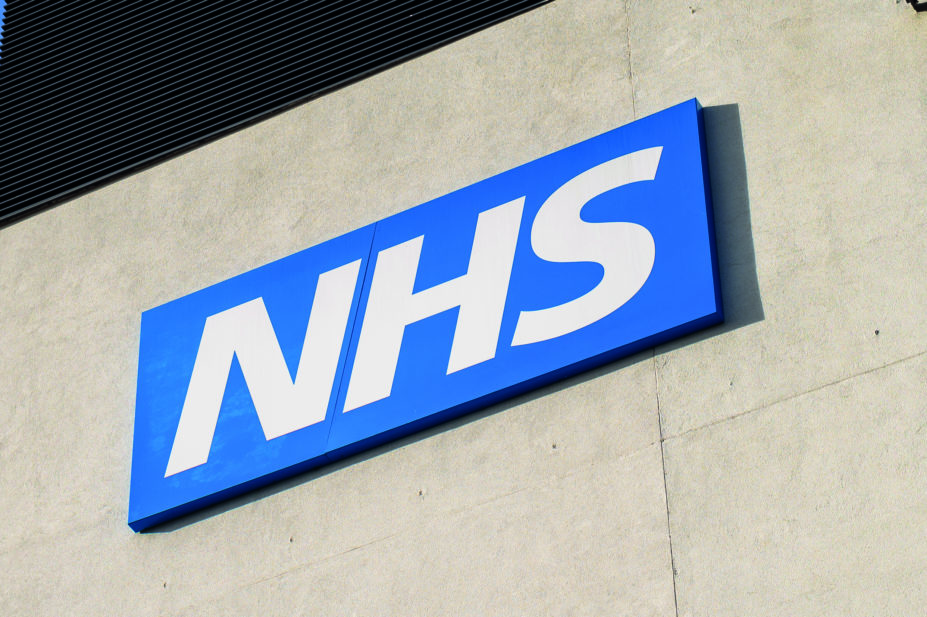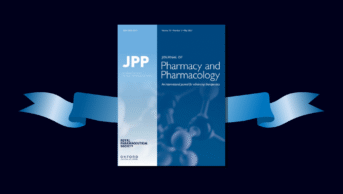
Shutterstock.com
Introducing a payment-by-results system to fund NHS drugs could boost patient outcomes and provide better value for money, according to a report by the independent think tank the Social Market Foundation.
The principle behind the system would see the NHS paying for only the drugs that work at a time of severe financial pressures on the health service.
The report points out that an outcomes-based approach is already applied to other UK public services such as employment support and offender rehabilitation.
“The aim of an outcome-based scheme is to link the remuneration that firms receive to the actual performance of their product, in terms of the real benefits that it brings to the patient and wider society,” it says.
“Under an outcomes-based scheme, the amount that the drug company receives in the long-run would be dependent on the treatment conferring a predetermined level of benefit. There is fertile territory to develop this concept.”
However, the report acknowledges that the success of any outcomes-based scheme is dependent on “good measurement and data,” adding: “Further work is needed to build momentum behind initiatives to build better health data on healthcare outcomes and the necessary architecture.”
Managed entry agreements
The report, which was sponsored by Novartis, highlights “managed entry agreements” for the purchase and payment of drugs already adopted in the Italian health system.
In some cases the manufacturer repays the full cost of the medicine to the commissioner if a patient has not responded to the treatment. In another model, the manufacturer repays only a proportion of the drug cost dependent on the number of non-responders.
Factors to consider in any new UK system would include the outcomes that need to be achieved in order to qualify for payment and whether the initial drug costs should be shared between the NHS and the manufacturer, the think tank suggests.


